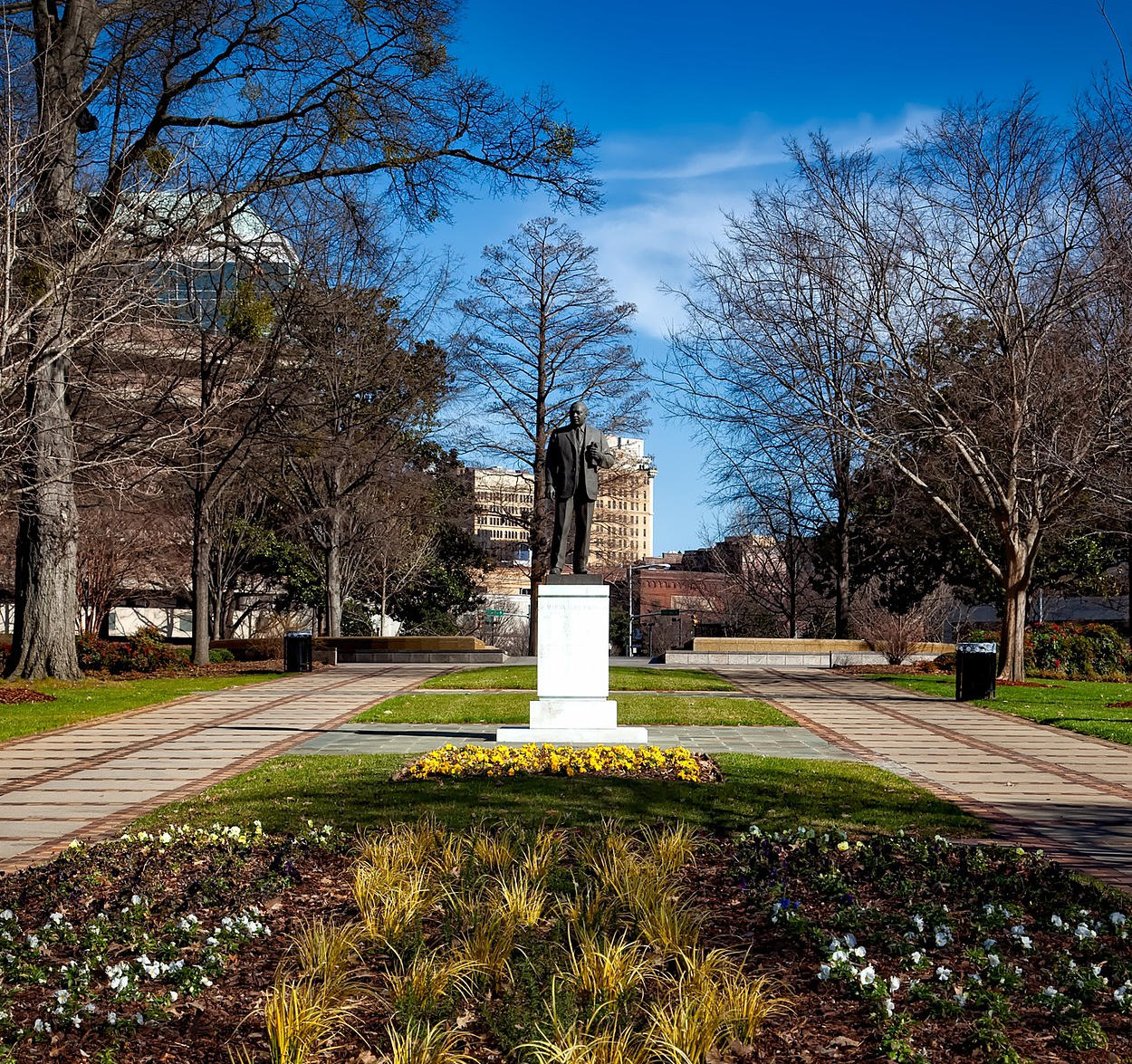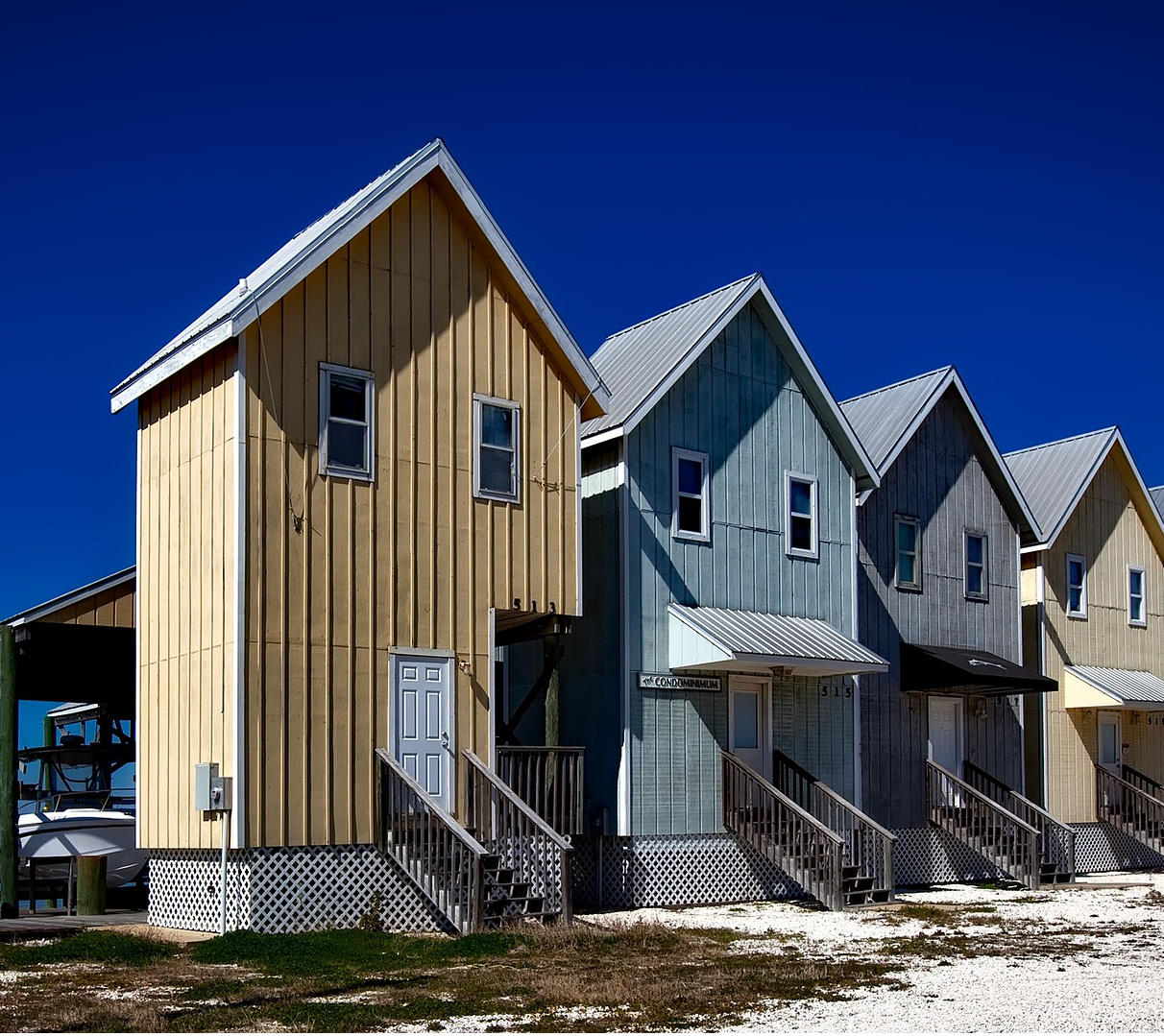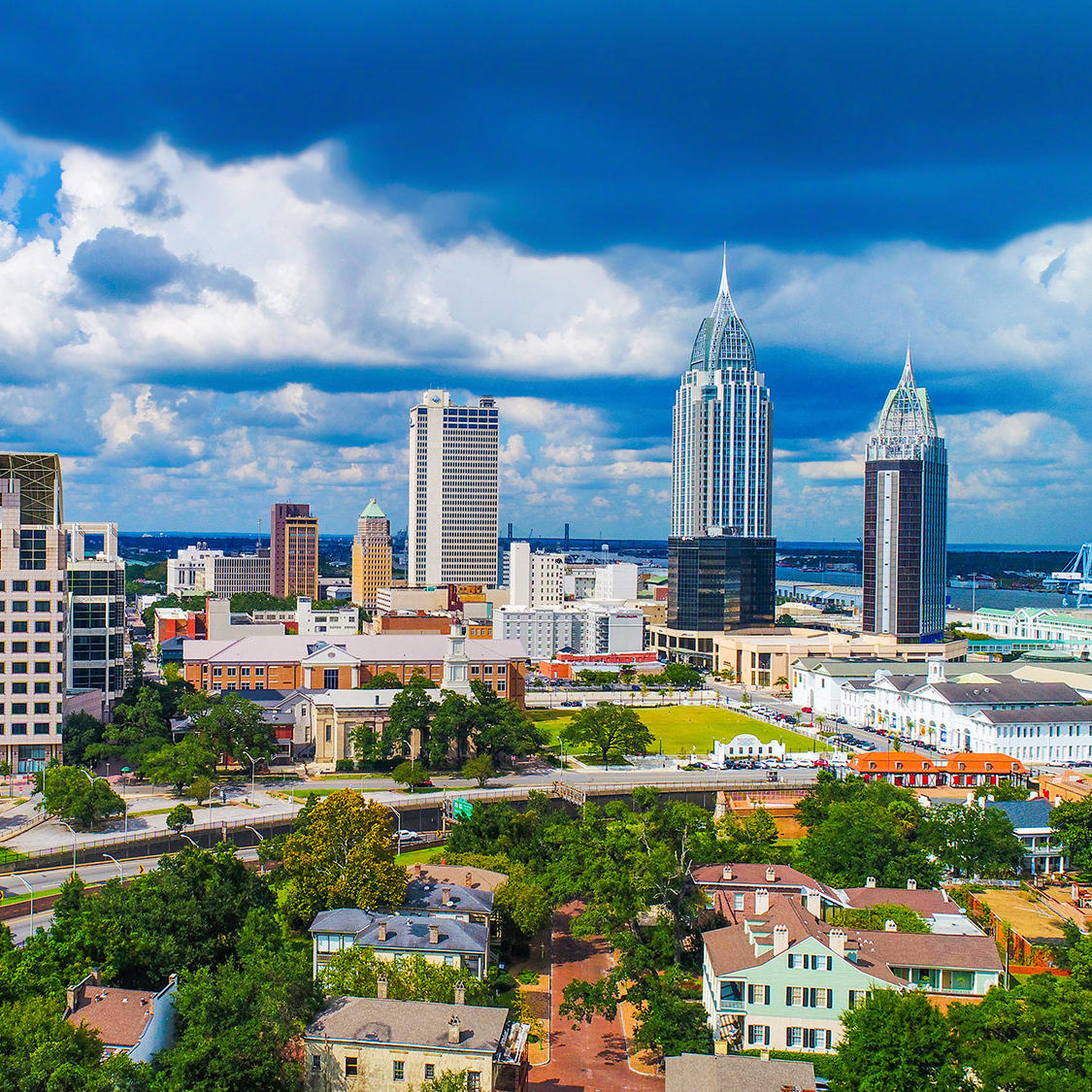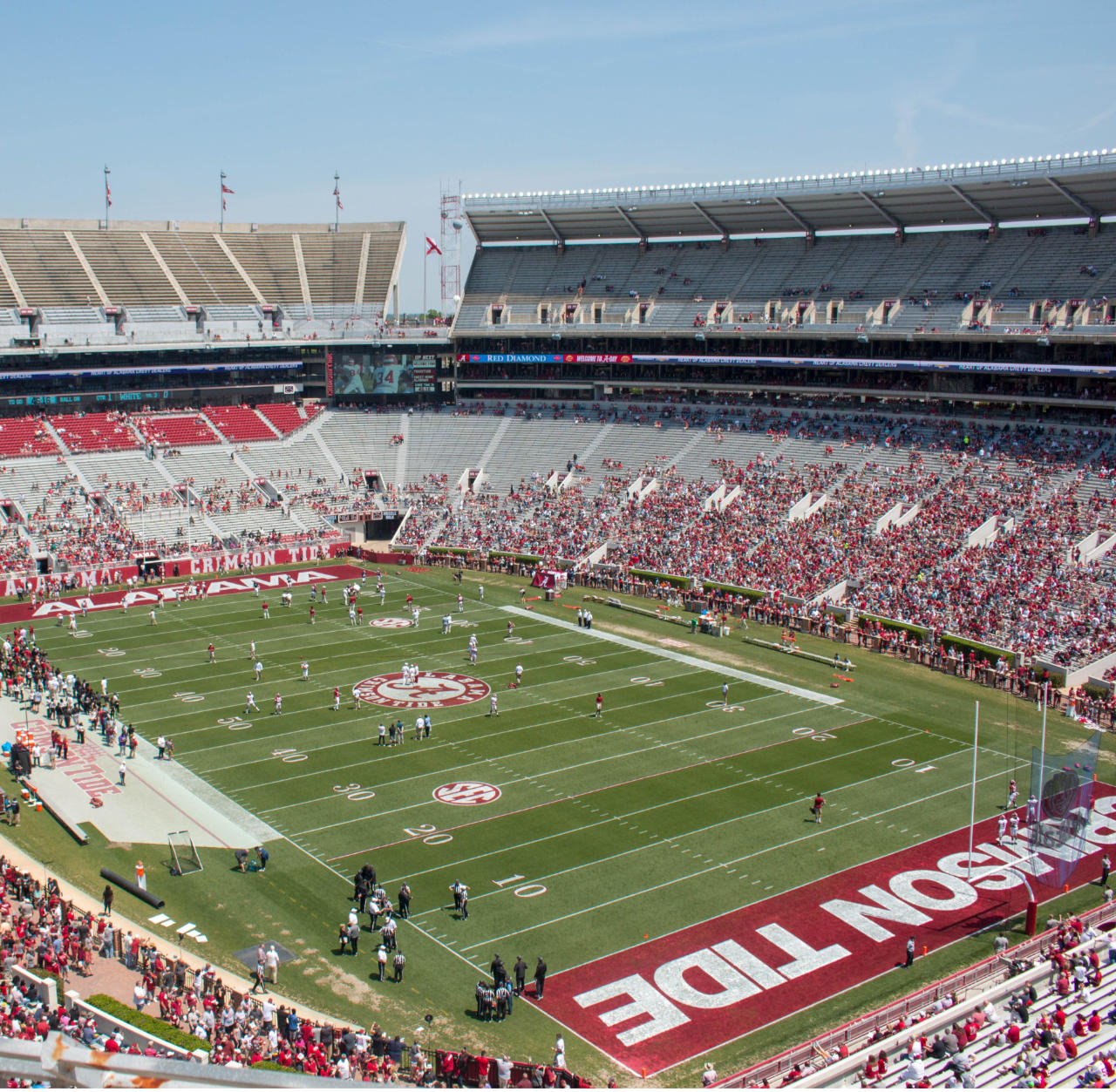State of Alabama Short-Term Rental Regulations
Short-term rental regulations vary depending on the location and may include zoning laws, occupancy and safety standards, taxation, licensing, and insurance requirements review our guides for more information specific to your city.
Reviewed by Derick Hargrave
Last updated September 03, 2023
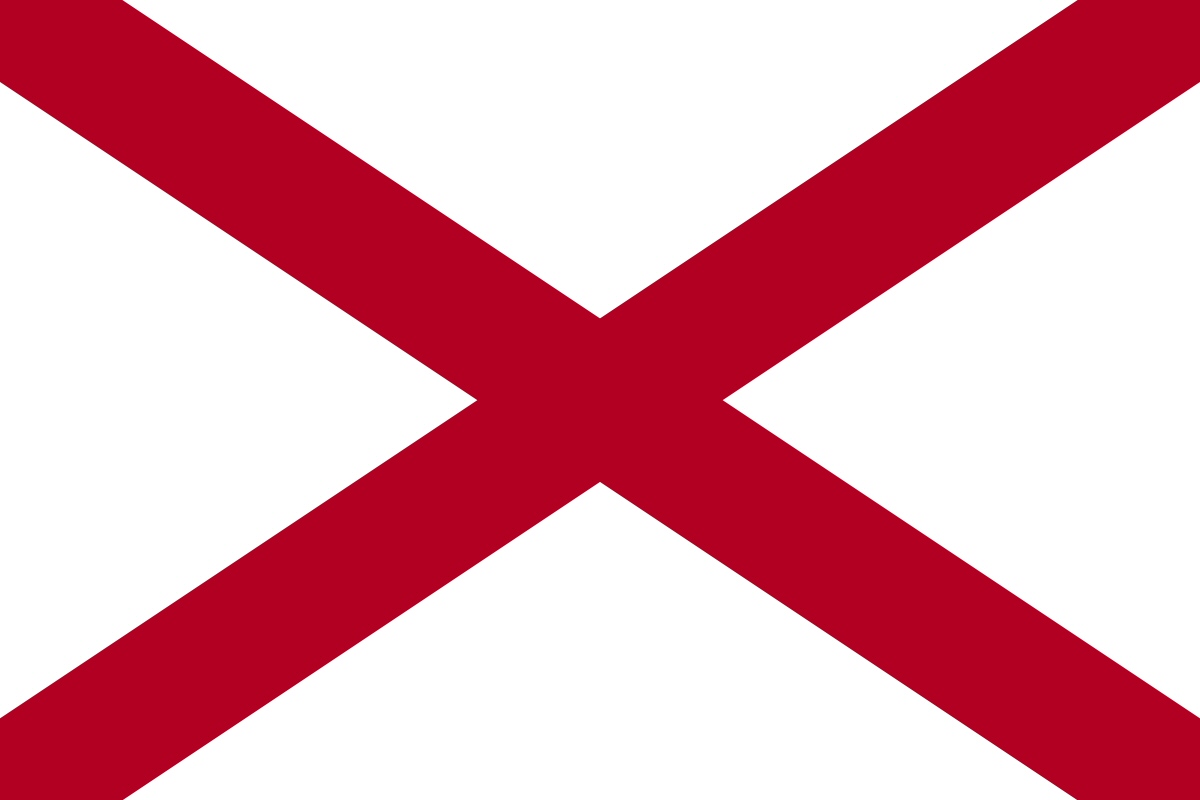
Overview of Alabama Short-Term Rental Regulations
Information is maintained by the community to provide helpful insights and links to local regulations, HostScouts does not provide legal or investment advice.
In this guide, We'll break down everything Alabama hosts need to know about short-term rental regulations, taxes, licensing, and safety standards. My goal is to help you successfully launch your rental while avoiding fines and penalties. Let's dive in!
Defining Short Term Rentals in Alabama
Unlike most other states, Alabama does not have an official definition of short-term rentals or vacation rentals in its laws. However, for tax purposes, lodging tax is applied to rentals of less than 180 continuous days to transient guests. This 180-day threshold is used to differentiate short-term vs. long-term rentals.
So, in practice, any furnished Alabama rental offered for less than 180 days would be considered a short-term or vacation rental. This includes:
- Entire homes or apartments
- Private rooms
- Guest suites
- Cabins
- Beach houses
Hotels and bed and breakfasts are also taxed differently than short-term rentals in Alabama based on length of stay.
What Qualifies as a Short-Term Rental
The state applies lodging taxes to any furnished rental offered for less than 180 consecutive days. So, while not formally defined in law, rentals under 180 days fall under short-term rental regulations in Alabama.
Some cities use shorter thresholds to define short-term rentals in local ordinances. For example, Gulf Shores considers 14 days or less rentals as short-term. Check local rules that apply to your specific area.
State Laws vs Local Ordinances
In Alabama, short-term rental activities are governed by a mix of state statutes, health department rules, and local ordinances. State laws provide a base level of regulation, but counties and cities often add their own unique rules.
As a host, it's critical you research regulations at both the state and local level before listing your property. I always contact local zoning officials first to understand requirements. This helps avoid issues.
Starting a Short-Term Rental Business in Alabama
Launching a new short-term rental in Alabama involves a few key steps for compliance. Let's look at the basics of licensing, registration, taxes, and property preparation.
Lodgings Tax Registration
Hosts must register with the Alabama Department of Revenue to collect and remit state and local lodgings taxes to legally operate. You'll receive an account number to report taxes.
Registration is free online via the Alabama Business Tax Online Registration System. It takes 3-5 days to get your number. Apply early before renting out your property.
Local Business License
Most cities and counties require hosts to get a local business license to operate a short-term rental. Fees and application requirements vary by location.
For example, Gulf Shores charges a $100 annual business license fee. Do your homework to understand local rules.
Preparing Your Property
To meet safety requirements, verify your rental has the following:
- Smoke detectors
- Carbon monoxide detectors
- Fire extinguishers
- Functioning appliances
- Safe conditions
I also recommend smart home technology to remotely monitor and manage your unit. This provides more convenience for guests.
Tax Obligations for Alabama Short-Term Rentals
As a host, you must collect and remit occupancy and sales taxes. Here's what Alabama hosts need to know:
State Sales Tax
The statewide sales tax on short-term rentals is 4%. Hosts must collect this on the total rental rate charged to guests, including fees. You are responsible for filing returns and paying the state. Returns are typically due monthly. Account for taxes in your pricing.
Local Lodgings Tax
Cities and counties also collect local occupancy taxes from 1% to 11% on short-term rentals. For example, Birmingham charges 3% while Gulf Shores is 11%. Verify the rate for your specific area.
You report local taxes alongside state sales tax returns each period using the state's online filing system.
Business License Tax
Most Alabama cities charge an annual business license tax on short-term rentals, typically $50 to $200 per property. Verify the rate when applying for your municipal business license.
Safety and Health Standards
Alabama sets legal safety requirements for short-term rentals around fire, building, and health codes to protect guests:
Fire Safety
Rentals must meet statewide fire code requirements, including:
- Working smoke alarms
- Posted egress plans
- Fire extinguishers
Properties with pools/hot tubs have additional regulations. Inspect thoroughly before hosting.
Health and Sanitation
The Health Department oversees rules for vacation rentals covering waste, insects, rodents, and cleaning of coastal properties. These help prevent the spread of diseases.
Building Safety
Ensure your rental meets stair width, railings, ramp slopes, electrical, HVAC, and plumbing codes. Address any issues to maintain safety.
Alabama Airbnb Regulations by City
Information is maintained by the community to provide helpful insights and links to local regulations, HostScouts does not provide legal or investment advice.


